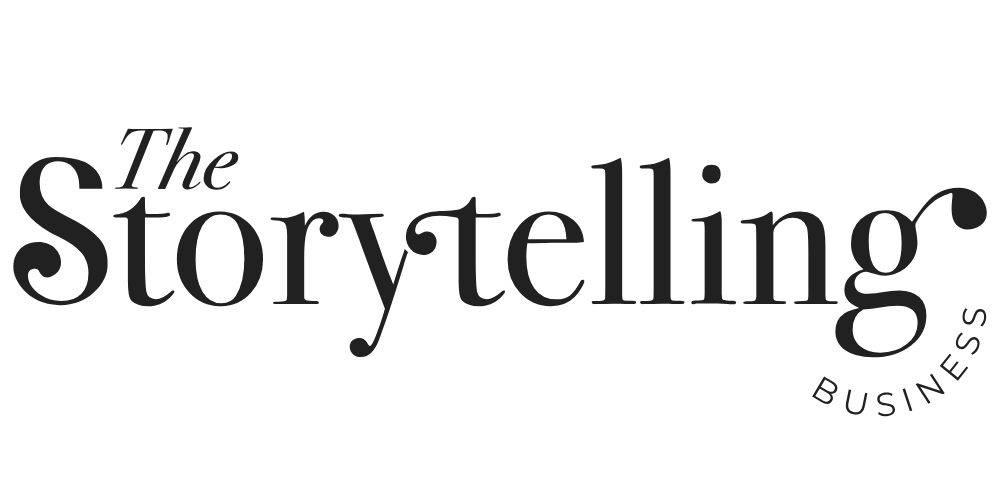

FUTURE SCENARIO 002:
Afterlife Memory Protocol Campaign
- * MEMORY
- * MEMORY
- * MEMORY
- * MEMORY
- * MEMORY
- * MEMORY
- * MEMORY
- * MEMORY
- * MEMORY
- * MEMORY
- * MEMORY
- * MEMORY
- * MEMORY
- * MEMORY
- * MEMORY
- * MEMORY
- * MEMORY
- * MEMORY
- * MEMORY
- * MEMORY
- * MEMORY
- * MEMORY
- * MEMORY
- * MEMORY
- * MEMORY
- * MEMORY
- * MEMORY
- * MEMORY
- * MEMORY
- * MEMORY
- * MEMORY
- * MEMORY
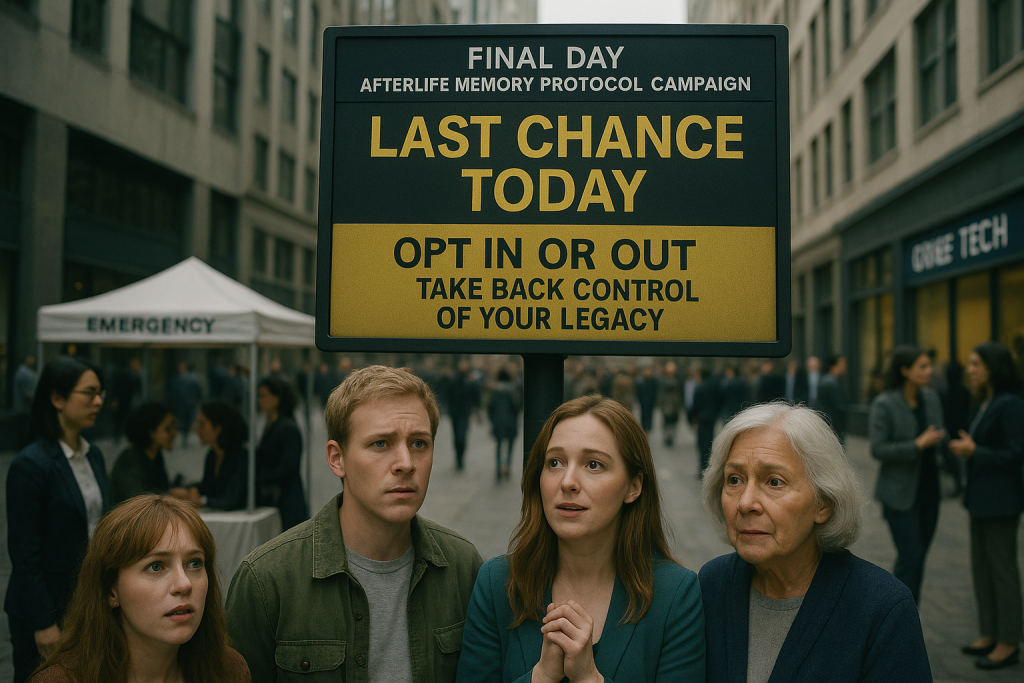
In a future where citizens over 35 must choose between digital immortality and complete erasure, society grapples with the commodification of memory, the ethics of death, and the true cost of legacy.
scenario
Use this scenario to explore the future of death tech, culture and spirituality, legacy preservation, the nature of personal identity, and the commodification of identity and death.
Today marks the final day of the Afterlife Memory Protocol Campaign. Across the city, every smart device displays the same urgent message:
“Last Chance Today. Opt IN or OUT. Take back control of your Legacy.”
By midnight, all citizens aged 35 and over must register their decision in accordance with Emergency Government Tech Management Security Decree 03. This decree, enacted to regulate the burgeoning afterlife industry, mandates that individuals choose one of two options:
- Opt-In: Consent for one’s memories, likeness, and digital traces to be archived and/or curated posthumously.
- Opt-Out: Request complete erasure of one’s digital presence upon death.
The atmosphere is electric. Outside memory clinics, queues stretch around city blocks. Social feeds pulse with impassioned debates. Emergency grief counselling stations have been set up in public parks, offering tissues and last-minute advice.
Grief tech companies are sending out frantic promotions: “Preserve Your Legacy – Payment Plans Available!” Meanwhile, the Death Positivity movement hosts vibrant street festivals, celebrating mortality as a natural part of life – not a glitch to be fixed.
This societal crossroads has been years in the making. Initially, practical concerns arose: overcrowded cemeteries, land shortages for burials, and the environmental toll of traditional death practices.
As technology advanced, new challenges emerged. Companies capitalised on fears of oblivion, offering promises of eternal digital life. This led to bitter disputes over memory archives, families suing over ownership of a loved one’s digital remains, and unauthorised resurrections of deadbots.
Governments found themselves losing control – not just of land and logistics, but of the very concepts of remembrance and forgetting. The Afterlife Memory Protocol Campaign represents the first concerted effort to impose order on an afterlife industry spiralling out of control.
However, access to memory rights is not equitable. For the wealthy, digital or even physical immortality has long been a private luxury. The middle classes often rely on memory packages provided by lifelong employers. The poor face a different kind of death, where individuality is subsumed in mass storage, reduced to basic data points like date of birth, geographic location, and death date.
As the clock ticks toward midnight, each citizen must confront a profound decision: What will remain after they’re gone?
Who are you today?
- The reclusive, retired teacher, 79: standing at the crossroads of memory and family responsibility.
- The lawyer and secret activist, 29: fighting to protect organic living memory from vanishing altogether.
- The torn spiritual leader, 50: caught between sacred tradition and a fractured future.
- The tech CEO and founding father of death tech, 45: battling the leak of data breaches he approved.
- * CHARACTER
- * CHARACTER
- * CHARACTER
- * CHARACTER
- * CHARACTER
- * CHARACTER
- * CHARACTER
- * CHARACTER
- * CHARACTER
- * CHARACTER
- * CHARACTER
- * CHARACTER
- * CHARACTER
- * CHARACTER
- * CHARACTER
- * CHARACTER
- * CHARACTER
- * CHARACTER
- * CHARACTER
- * CHARACTER
- * CHARACTER
- * CHARACTER
- * CHARACTER
- * CHARACTER
- * CHARACTER
- * CHARACTER
- * CHARACTER
- * CHARACTER
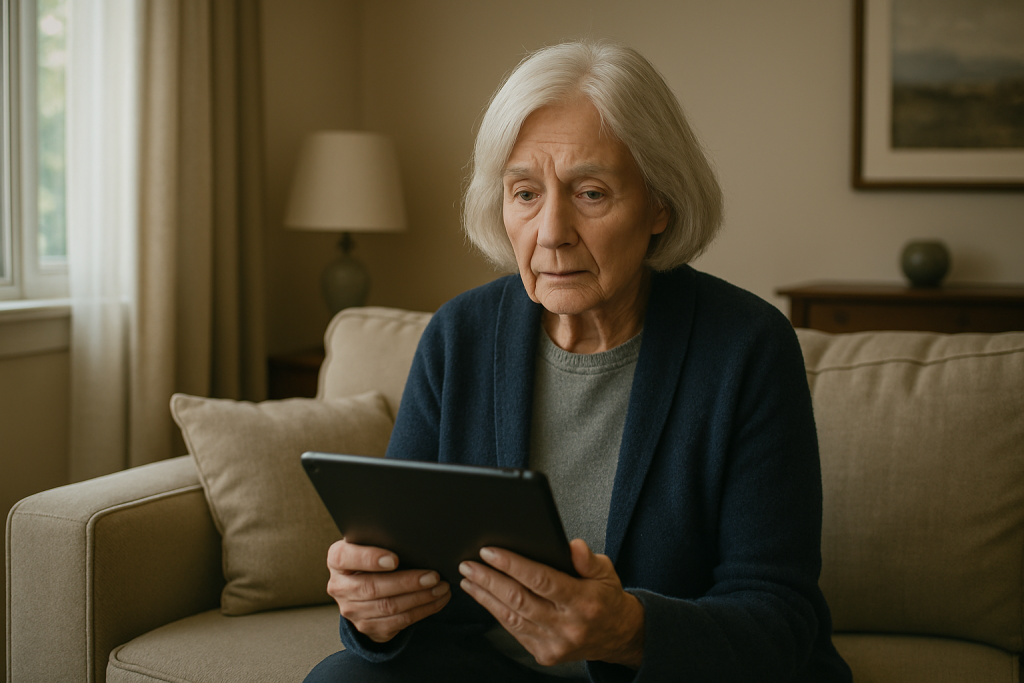
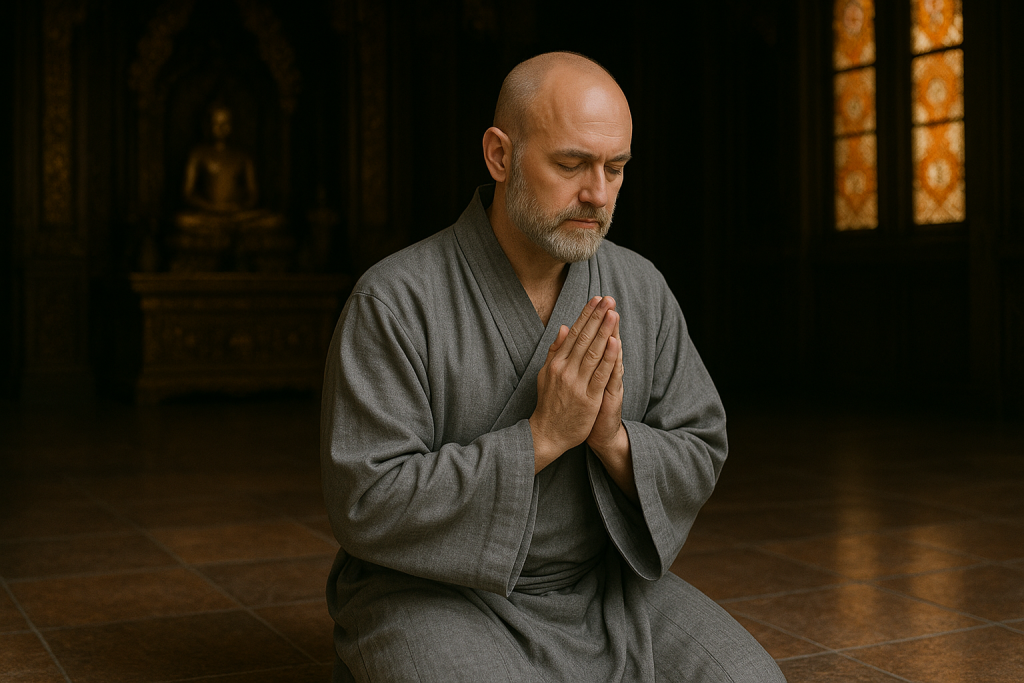
1
THE RECLUSIVE RETIRED TEACHER
At 79, your decision weighs heavily on you and your family - with repercussions for you all.
You wake early, sunlight pressing through the thin curtains of your small apartment. Today is your final chance to make a choice in the Memory Rights Activation Drive.
The official government decree lies open on your device beside a cold cup of tea. You’ve gone through it a hundred times.
It’s pricey to preserve your memories, but it's feasible if you choose one of the newer players on the market, then opt for body disposal via a cheap sea farewell.
Last night, your daughter called, pleading:
"Please, Mum. Opt out. Your work lives on. And you deserve a good disposal."
You know what she’s really worried about: the cost. The tiny inheritance she might lose if you spend what little remains preserving yourself instead of leaving it behind for her and her children.
But where are you in all this? You have spent your life nurturing others into their dream careers — lawyers, artists, activists, doctors. Always the quiet force behind someone else's ascent. Beyond the classroom walls, your own life often felt invisible.
You feel a deep sadness, a whisper of anger as you look again at the brochure. You fear that dying means insignificance, and it saddens you. But you also feel the heavy pull of responsibility for your daughter, her daughters, their children and all the great-great grandchildren you will never meet.
You rise slowly, feeling the ache in your knees. Outside the window, you glimpse a familiar figure moving through the crowd. It’s a young lawyer you've seen on your screen, waving a stitched banner reading: "HIT PAUSE ON DEATH" as she weaves through the crowd. Her idealism reminds you of some of your better students.
Death comes for us all in the end, you think.
You shrug on your coat, and pick up your phone as you head to the door. You rarely leave the apartment these days, and the shock of the cool air will help you make your choice.
WHAT DO YOU DO?
A: Do you opt in fully and sell your memories to a death tech company - preserving your life and story, but leaving your family with almost no inheritance?
B: Do you opt out, choose deletion, and vanish quietly knowing you've left behind a small financial legacy your family could build upon?
2
THE TORN SPIRITUAL LEADER
After 30 years of service to your Temple, you're torn between 'progress' and preservation of rules and rituals.
You kneel alone in the private vestibule off the great hall of the temple. Today, the silence feels heavier than ever.
You have preached against digital memorialisation for years, warning that memory severed from living tradition would rot into idolatry. You never imagined you would see the day when so many souls in the city would be forced by secular decree to choose between deletion and digital enshrinement - without their elders, community, or blessing.
It has been a struggle to encourage your flock to hold firm; to trust in the teachings of your religion. Faith in your gods is not dying. Many continue to watch your services online, keen to avoid your judging eye each week. But numbers of the faithful are declining each year.
You have fought so long to preserve the sanctity of memory as your faith defines it. But lately you’ve wondered if your temple is no better than the Big Grief companies. Aren’t you both trying to become gatekeepers of the soul? You’ve always believed you had the gods on your side, but perhaps walling people off from their own memories - forcing them into collective commemoration of the dead and their stories - is just another kind of forgetting.
There’s a knock on the door. You know who it is. A delegation of younger devotees has visited each day, asking you to bless their personal memory uploads. Not to endorse them politically. But to simply stand beside them spiritually, so they aren't alone as they step into this uncertain afterlife. Yes, they see you as rigid and out of touch. But your divine designation still carries weight and they’ve returned each day of the Afterlife Memory Protocol Campaign.
This morning in an emergency meeting, your temple elders demanded that you hold the hard line. There was to be no exemptions for individual vanity and no blessing for independent memories. They say that any compromise would be surrendering sacred ground to the tech gods and government machines.
And yet, if you refuse this blessing, you may drive the final wedge between the temple and the faithful.
What do you do?
A: Do you answer their knock and turn them away, telling them you cannot bless any personal digital memories, even in this broken reality?
B: Do you quickly usher them inside and quietly offer blessings, hoping the elders do not find out?
3
The Lawyer & Activist
At 29 you're not eligible to choose today; but you're fighting on behalf of others, and for organic memory itself.
You dodge through the thronging crowds, heart hammering, banner strap digging into your shoulder. Today is the final chance to win breathing room and secure a stay on the Afterlife Memory Protocol Campaign. At 29, you’re not eligible to choose for yourself today. But you’ve stepped up on behalf of your older friends, family and future self.
A High Court hearing is scheduled for later today, and you’re meant to be speaking. As a lawyer, you’ve been at the front of the Pause for the Living counter-campaign from the beginning. The legislation was rushed. The public is confused and under-informed. Memory clinics and grief counsellors have proliferated. No one knows the true cost yet, and you don’t plan on leaving them to find out when it’s too late. The chances of being granted the stay are slim - but it’s the only hope you have.
You feel a wave of panic. There is more at stake today than most realise. Your fight to delay the Afterlife Memory Protocol Campaign isn’t just about hitting pause to clear up confusion. You are trying to buy time while you build momentum behind a third option: organic human memorialisation. Publicly, you might be the bright young lawyer fronting the Pause for the Living counter-campaign. But underground, you are a founding member of the Living Memory Keepers - a group who fight quietly, and not quite legally, to preserve and grow organic living memory.
In the past you salvaged documents, photographs and artefacts as libraries and archives were digitised to dust. Now, you are on a mission to resurrect the archaic practice of organic artefact design. Quietly, you‘ve been helping people memorialise their lives through secret organic artefacts like personal journals, diaries and print photos. In an age of digitisation and planetary decline, it’s radical and risky.
You are supposed to be at City Hall in twenty minutes. If you can just get past this festival crowd, you’ll make it with seconds to spare. And then you see her. An older woman standing frozen outside a Memory Exchange van, clutching a crumpled pamphlet. You’ve heard of her - the retired History & Futures teacher who shaped so many of the city’s public figures in their youth. You can’t believe your luck - she’s a recluse, and almost never seen in public. As someone with contacts and influence, you can only imagine the impact if you recruited her into the Memory Keepers' network.
What do you do?
A: Do you push onwards and get to City Hall just in time to deliver your speech, hoping it’s enough to grant an extension and buy more time?
B. Do you approach the older woman, offer her solidarity, and quietly plant seeds for a wider resistance through both your networks?


4
Death Tech Founding Father
Revelations of AfterGlow's tech breach couldn't have come at a worse time, and the next step is yours alone to take.
You pace the glass-walled conference room as the blinking red lights of news drones flash on the windows behind you. Today was supposed to be a triumph. The Afterlife Memory Protocol had been projected to boost AfterGlow Technologies into the stratosphere. Instead, you’re fielding crisis calls from the Board, investors, and shareholders who are baying for damage control.
News of the data breach leaked two nights ago. AfterGlow was found scraping and using the memories of the dead without full consent. A decade ago you could have brushed this off - explained it away as ‘investing in humanity’ and ‘building better solutions for the benefit of generations to come’. But governments have strengthened their copyright laws, and more ethical tech firms have launched. AfterGlow was already looking like a dinosaur, and if you don’t get on top of this, you might not survive.
You’re not sure how it came to this. You lost your mum at a young age and built AfterGlow to honour her memory. But the promise of fast growth by training on borrowed - okay, stolen - datasets was too lucrative to pass up. When you saw the results, you were blown away by the potential. With investors demanding profitability, it seemed like a win-win. Now, your reputation is under fire and you fear losing everything.
The Afterlife Memory Protocol is supposed to clean up this kind of scandal in the death tech industry by regulating the market and handing power to the people. Until two days ago it seemed laughable to you and the Board that the average person had any control over their digital afterlife - whatever they opted for. But as you watch your signups slowing down online, and witness the transfers and opt-out requests jamming up chatbot support, you realise they have more power than you gave them credit for.
You rub your eyes. You’re exhausted. AfterGlow cannot fail. You have a young family and a mortgage the size of a small country. Hundreds of employees and millions of users depend on AfterGlow staying solvent. And if the company collapses, it’s not just your reputation or even their livelihoods at risk - memories of the departed will potentially be wiped too. You could never come back from that.
A small window of opportunity has cracked open. A hearing is scheduled this afternoon: activists demanding a 90-day stay of execution so there’s more time to educate citizens before locking in memory choices. As a founding father of death tech you were invited to present your view. But your legal team and Board demanded you exempt yourself - even before the revelations. It was beneath you to wade in, they said. They’d prefer you to be mobilising the troops from within to garner those last million or so opt-ins.
What do you do?
A. Attend the hearing and publicly endorse a short stay on the Afterlife Memory Protocol Campaign, to demonstrate AfterGlow’s goodwill and transparency?
B. Remain behind the scenes to avoid stirring up further public scrutiny, while focussing your efforts on securing opt-ins during the final hours of the campaign?
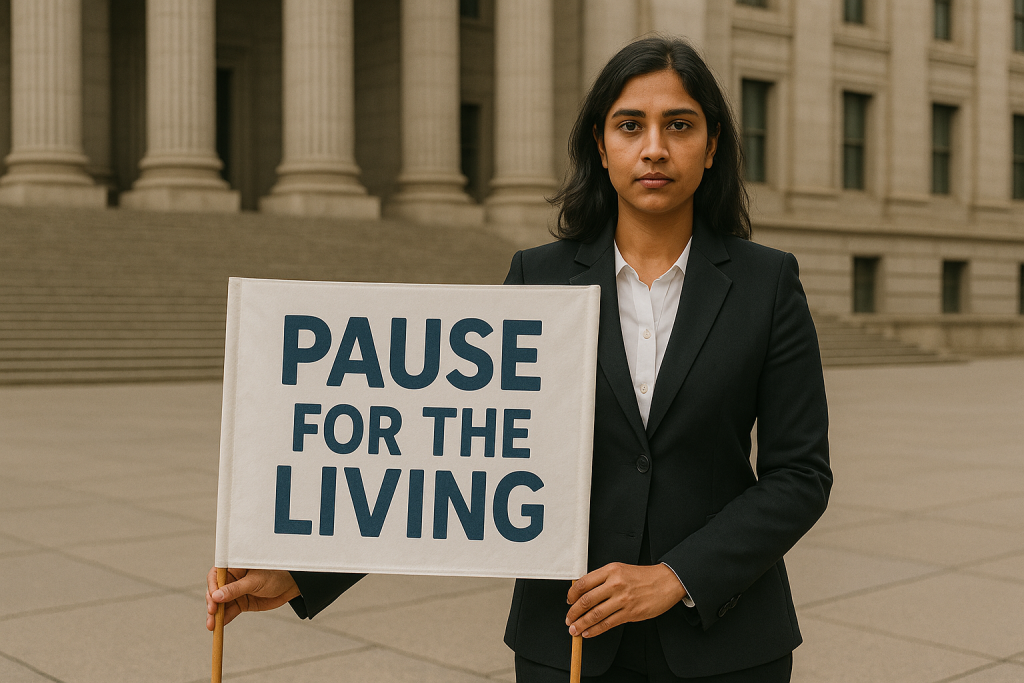
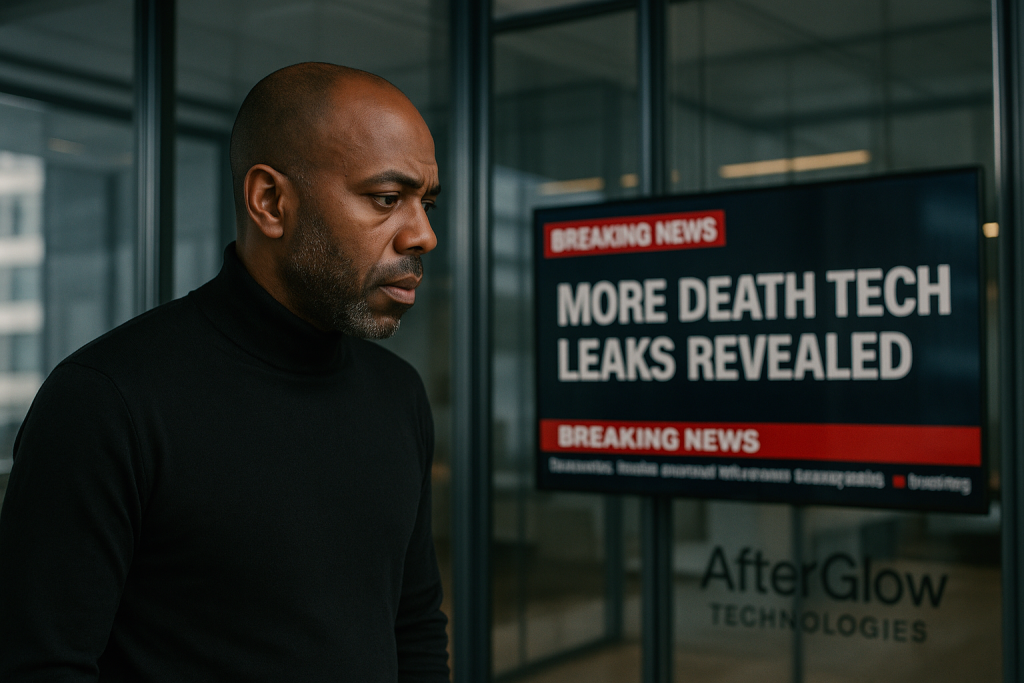
- * HOW TO
- * HOW TO
- * HOW TO
- * HOW TO
- * HOW TO
- * HOW TO
- * HOW TO
- * HOW TO
- * HOW TO
- * HOW TO
- * HOW TO
- * HOW TO
- * HOW TO
- * HOW TO
- * HOW TO
- * HOW TO
- * HOW TO
- * HOW TO
- * HOW TO
- * HOW TO
- * HOW TO
- * HOW TO
- * HOW TO
- * HOW TO
- * HOW TO
- * HOW TO
- * HOW TO
- * HOW TO
how to use this future scenario
This scenario is designed to immerse you in a plausible future world, challenging you to explore its ethical, social, environmental and political implications.
You can read the story on this website, print the PDF, or listen as an audiostory.
As you engage with the characters, consider their dilemmas:
- What would you do in their place?
- What internal and external factors would influence you?
- What are the ripple effects of the decision you choose to make in that moment?
- How does this version of the future challenge your assumptions about the way the world works?
- How does this future challenge your beliefs about death and dying, technology and data storage, government and big tech, memorialisation and memory, and personal identity and choice?
Use this scenario as a starting point for team discussion, strategic foresight exercises, or individual reflection.
